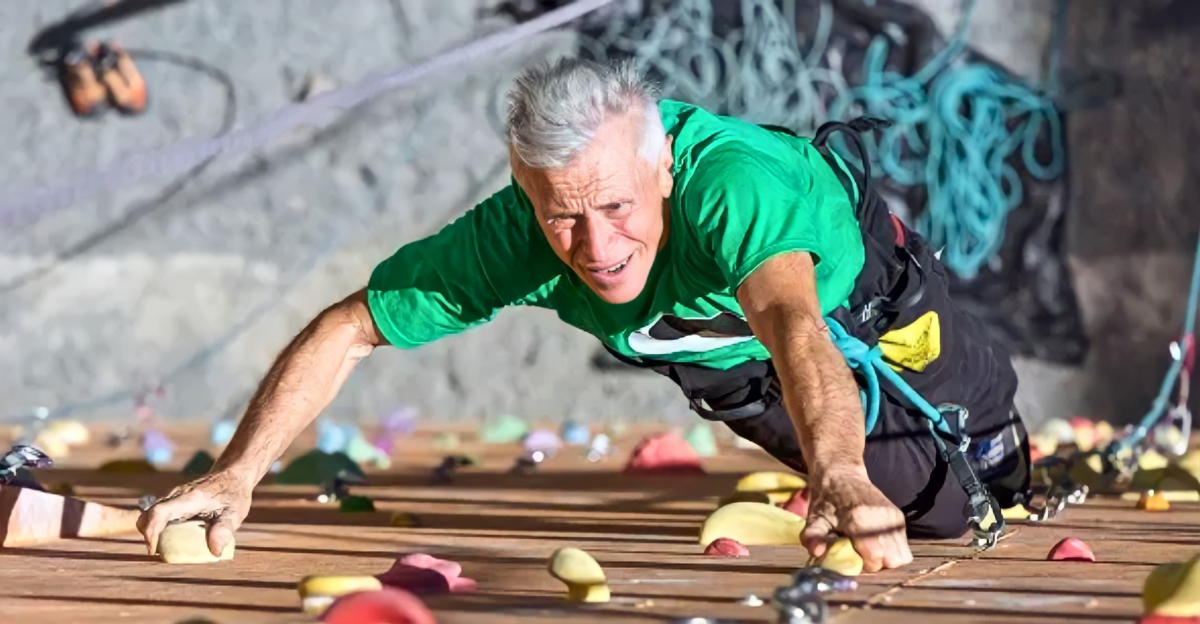
Most articles about aging are about numbers: cholesterol, BMI, blood pressure. But those don’t tell the full story.
Longevity isn’t just about avoiding illness; it’s about maintaining quality of life. What if we measured aging differently?
Not by what you’ve lost, but by what you’ve kept. If you’re still doing these seven things at 70, science says you’re well ahead of the curve. They might seem ordinary, but that’s exactly why they matter.
Aging Isn’t What It Used to Be
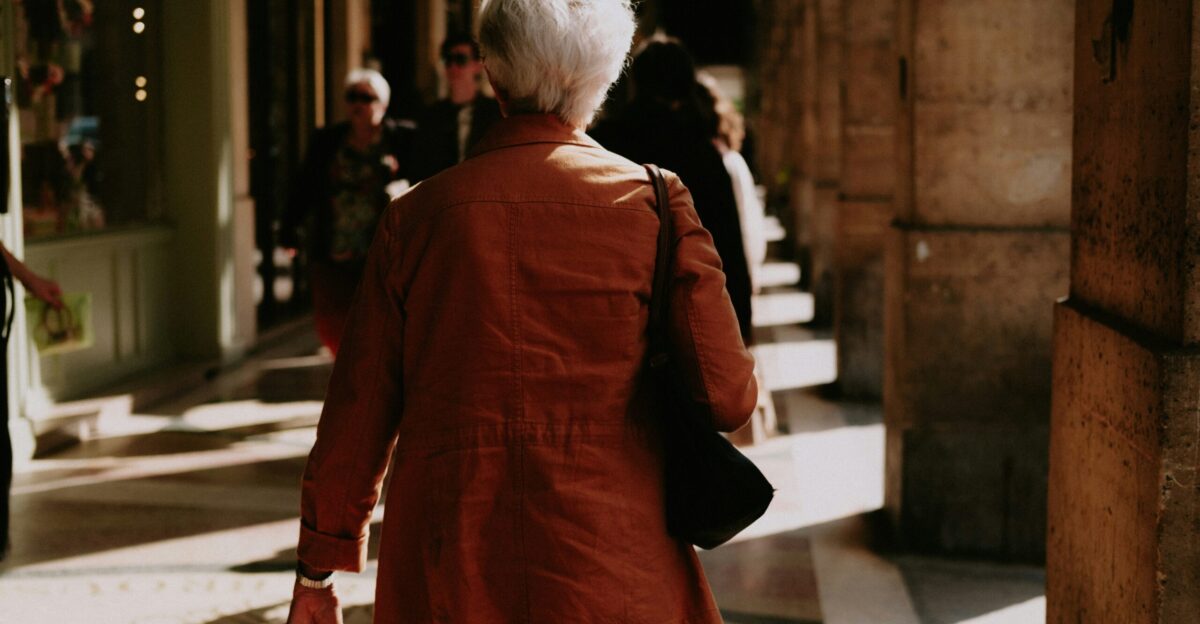
The image of aging has shifted. Many people now work, travel, and start new hobbies well into their 70s. But behind the progress is a quieter truth: age still brings change.
The real question isn’t “How old are you?” It’s “How well are you functioning?” And certain tasks are surprisingly powerful indicators.
Why Function Matters More Than Age
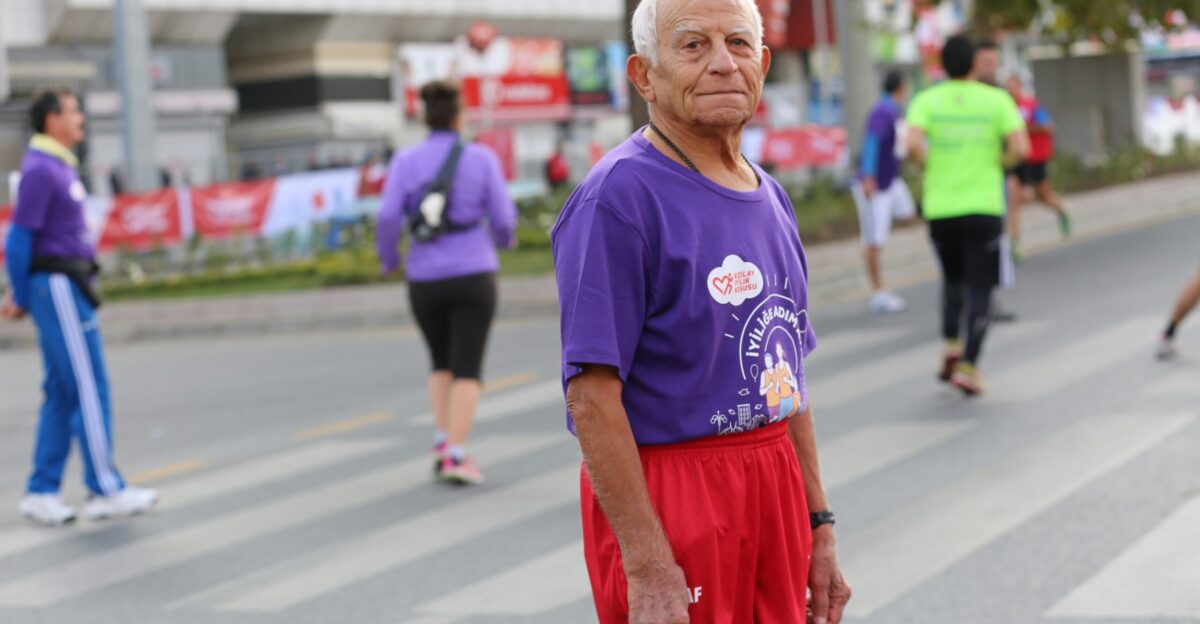
Chronological age doesn’t always match biological age. Some 70-year-olds run marathons. Others struggle with stairs.
Researchers have started focusing on functional markers: actions that reflect how well your brain, muscles, and nervous system are holding up. Think of them as silent signals your body sends about its internal health.
You Can Carry Grocery Bags Without Straining
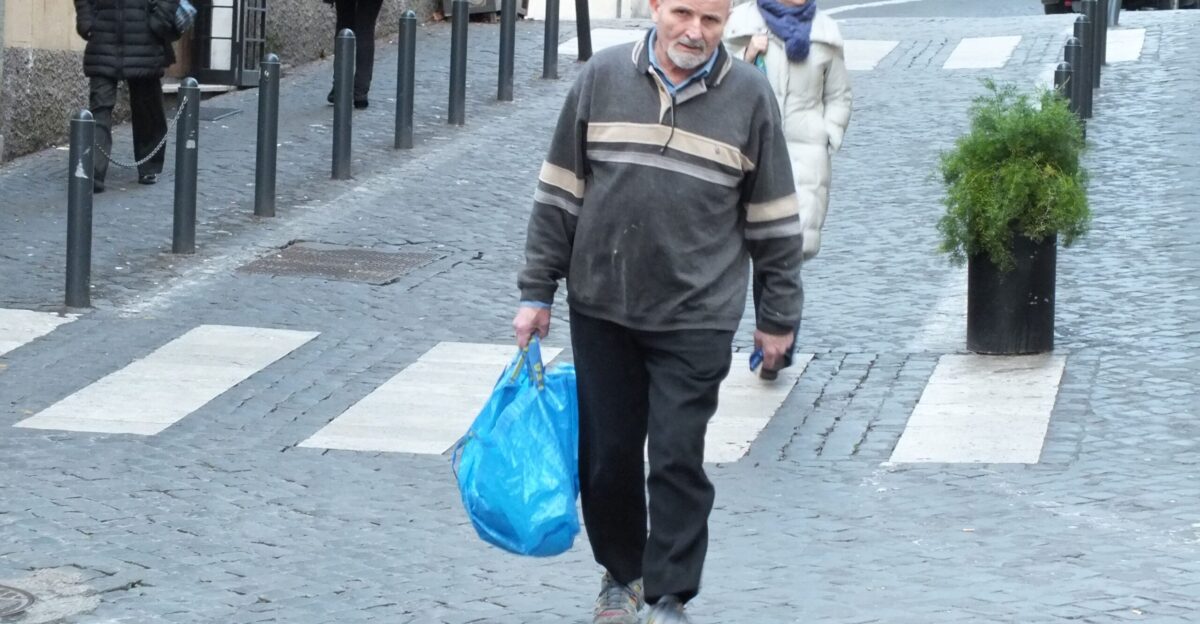
Two full bags, across the parking lot, no breaks. That’s more than convenience. It’s a sign of grip strength, mobility, and coordination.
Studies have linked grip strength to lower mortality and higher independence. It’s a small task that reflects your whole body’s resilience working in sync.
You’re Still Curious to Learn New Things

Whether it’s learning how to use a new app or mastering sourdough, that drive to keep learning speaks volumes.
The brain changes with age, but its ability to adapt, called neuroplasticity, remains. Mentally engaged people tend to experience slower cognitive decline and report higher life satisfaction.
You Can Get Up From the Floor Without Using Hands
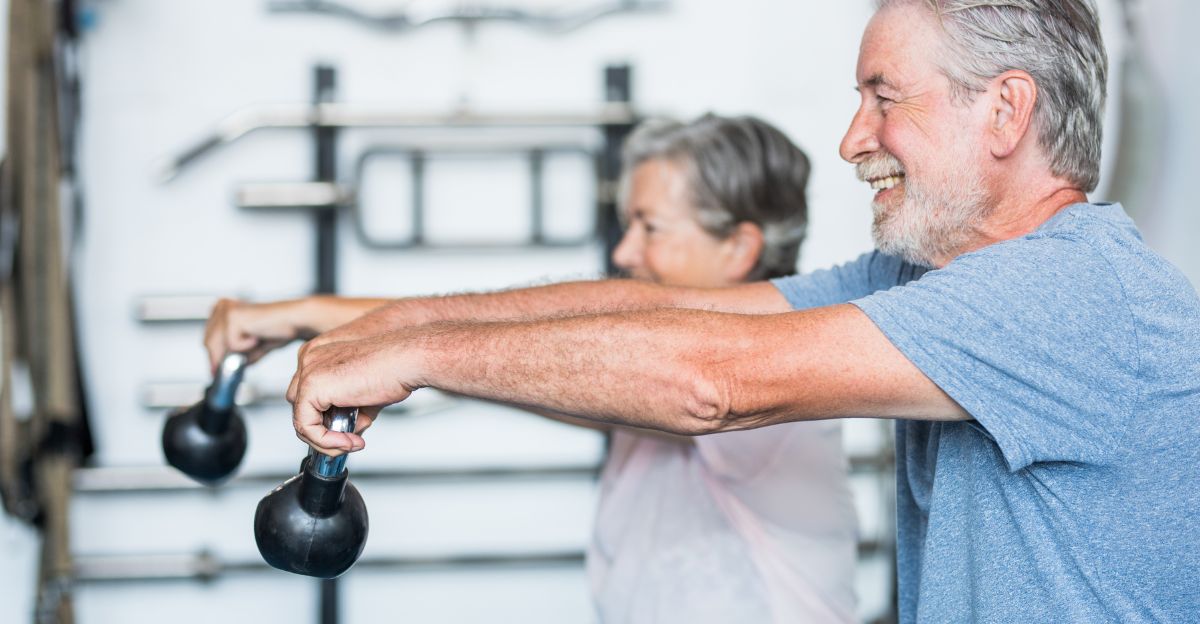
This simple motion is actually a full-body test. It requires strength, flexibility, and balance. A Brazilian study linked this specific movement to longevity.
If you can rise from the floor without help, your muscles, joints, and coordination will likely still work together in your favor.
You Remember the Names of New People
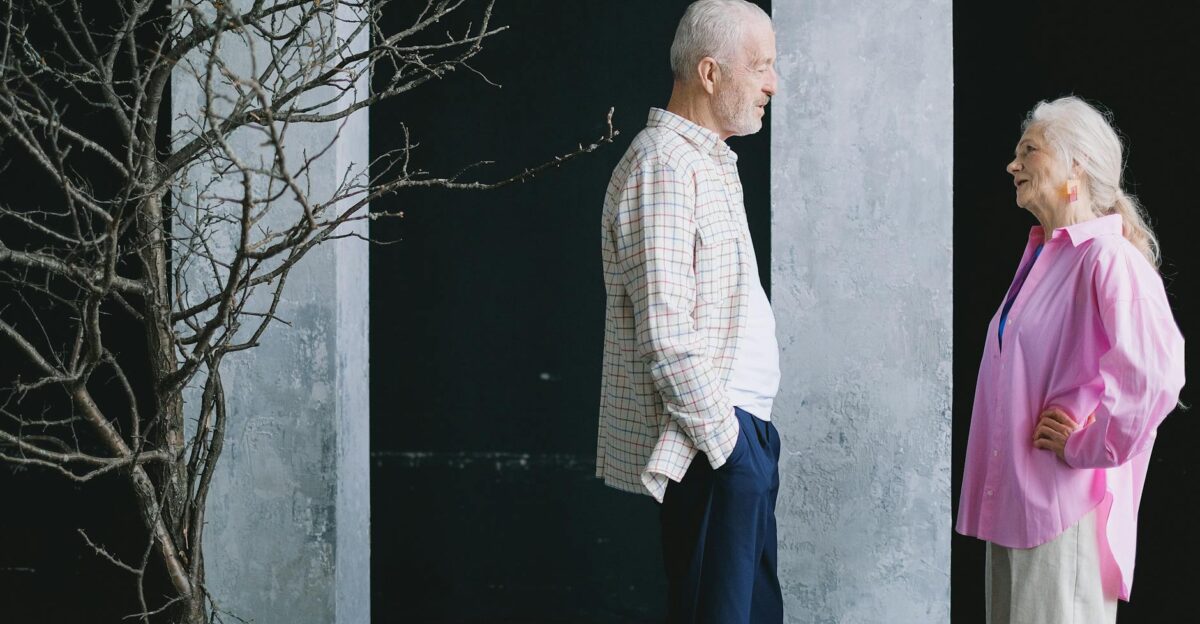
Names are one of the first things people forget. But if you’re still picking up new ones, at family events, the gym, or local meetups, it shows your short-term memory and social cognition are holding strong. It also signals you’re staying mentally engaged with the world around you.
You Laugh at Yourself Easily

Misplacing your phone while holding it, or wearing mismatched socks, and laughing about it? That lightness is a sign of psychological flexibility.
People who can laugh at themselves tend to show better emotional regulation and less stress reactivity. It’s not about ignoring problems, but being able to recover with ease.
You Make Plans and Expect to Keep Them

Planning ahead, whether for a trip, a class, or just a lunch next week, shows optimism about the future. It reflects a sense of agency and purpose, both of which are tied to mental health and longevity. People who believe they have a future tend to create one.
You Move Your Body Daily—On Purpose

Movement doesn’t have to be intense. Just doing a daily walk or light stretching makes a difference. Regular, intentional movement helps maintain strength, heart health, and balance.
It also tells your brain: you’re still very much alive. Even 20–30 minutes daily makes a measurable difference in long-term function.
Why These Tasks Are So Telling
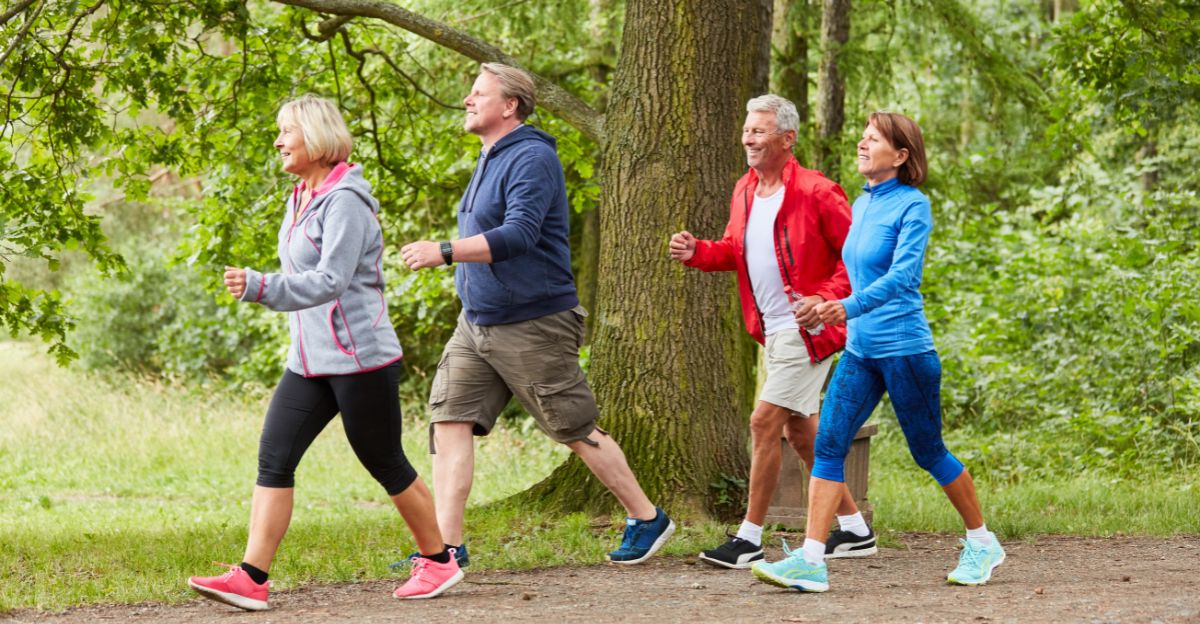
What do these seven things have in common? They’re physical, cognitive, and emotional behaviors that involve active participation.
They reflect not just surviving but engaging with life. That’s what researchers now look for when evaluating aging well: not the absence of disease but the presence of function.
The Hidden Science Behind Simple Habits
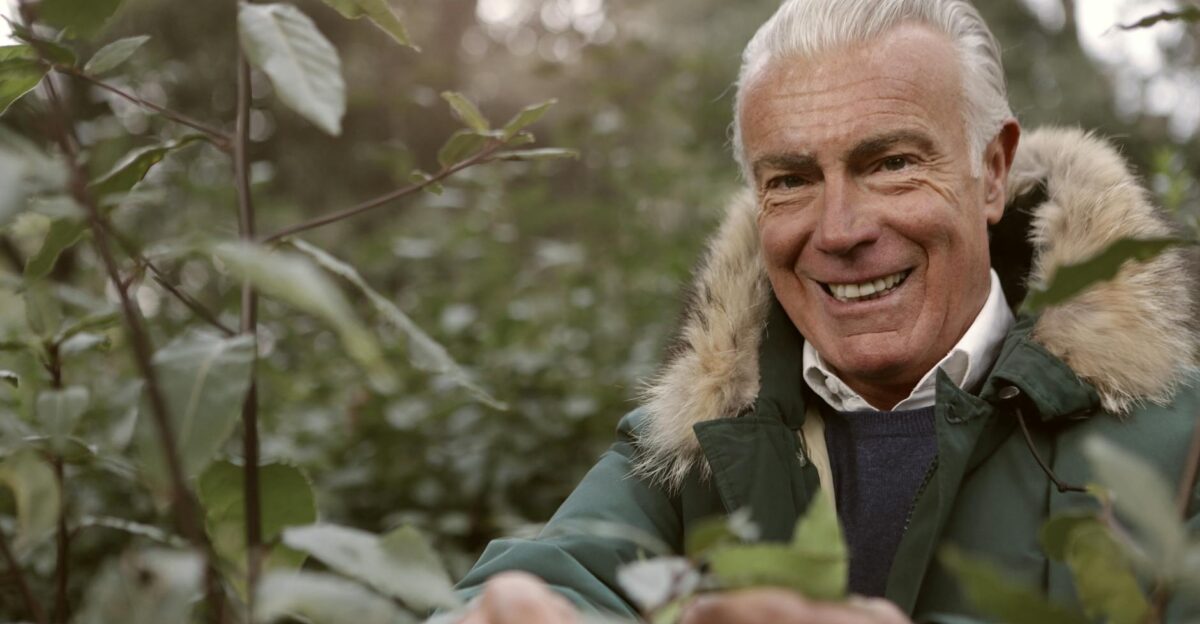
It’s easy to dismiss these actions as “just daily life.” But research consistently shows small, repeatable behaviors: carrying bags, remembering names, moving with purpose, are among the strongest predictors of how you’ll age. They create feedback loops that keep your body and brain in tune.
The Floor Test: Backed by Data

That get-up-from-the-floor task isn’t just anecdotal. In the study that made headlines, participants scored between 0 and 10 based on how much support they needed to sit and rise. Those with higher scores had significantly lower death rates over the next 6 years. Strength matters.
Movement vs. Exercise
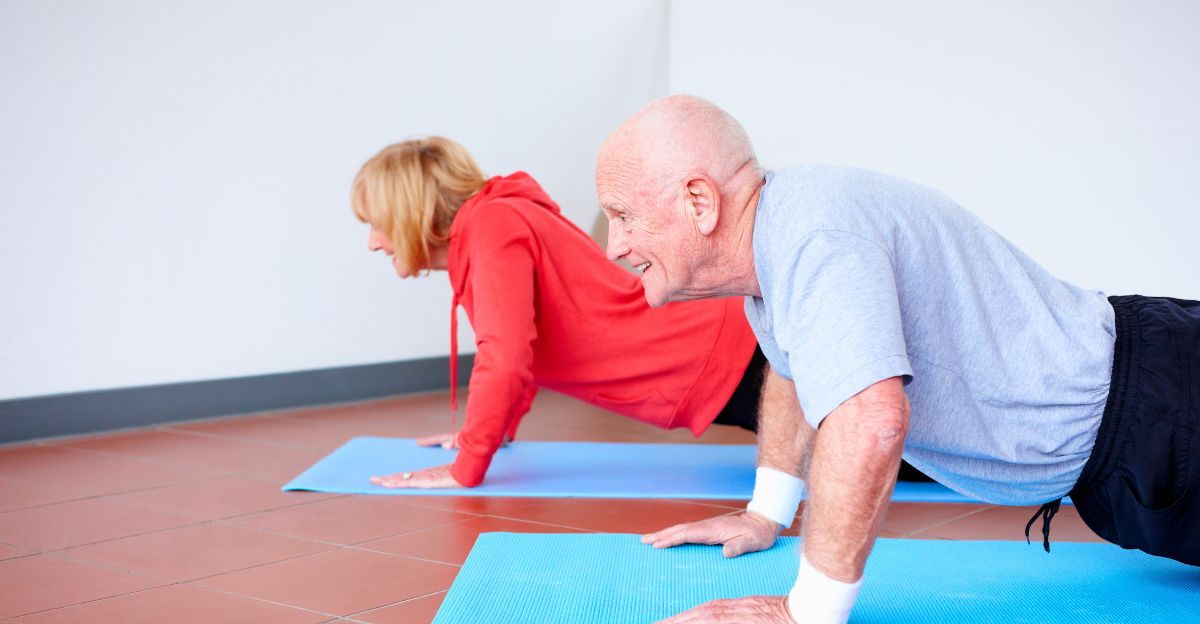
Many older adults think “exercise” means intense effort, so they skip it. But what matters more is consistency.
Walking the dog, gardening, or gentle swimming can yield real health benefits. Harvard research shows moderate activity reduces the risk of heart disease, stroke, and depression, even later in life.
The Longevity of Laughter
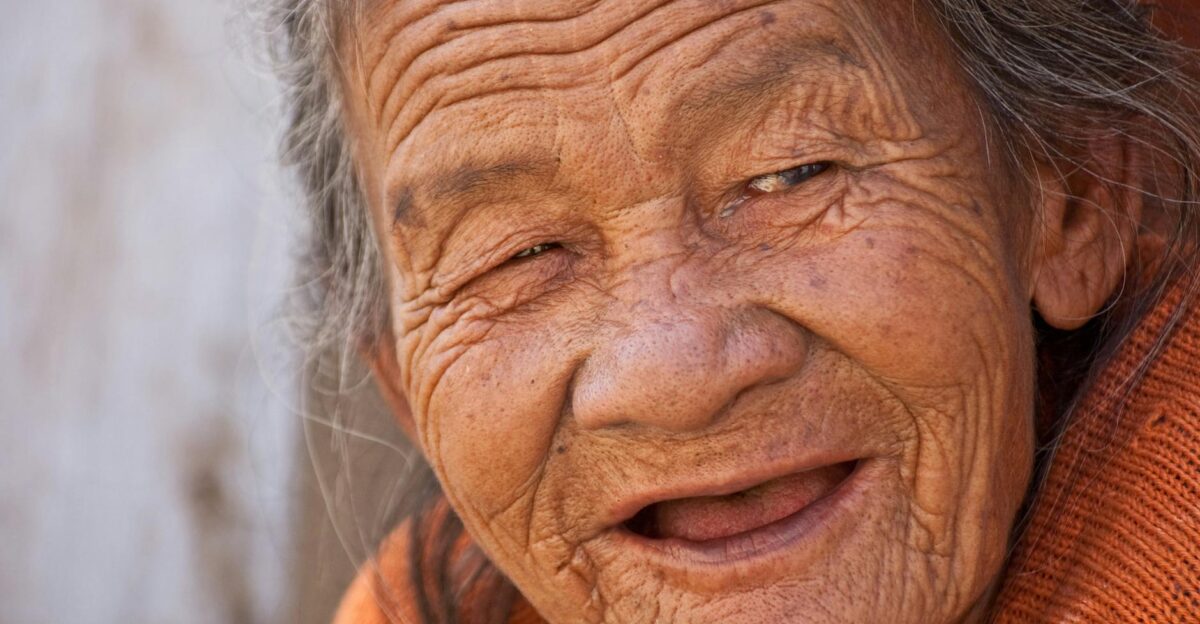
Laughter isn’t fluff. It triggers endorphins, reduces blood pressure, and supports immune function. Studies also link a good sense of humor with increased social bonds and mental resilience. If you’re still able to laugh at yourself, that’s a real sign of emotional health.
Cognitive Function Is Use-It-Or-Lose-It
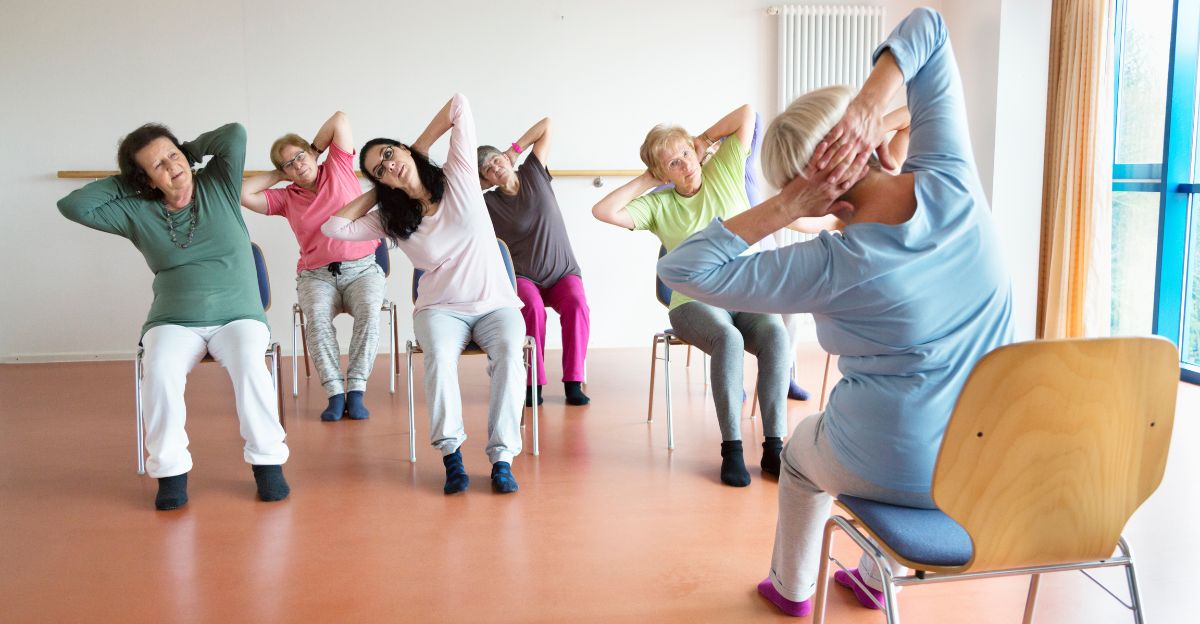
Neuroplasticity slows with age, but doesn’t stop. Learning a new recipe, joining a book club, or trying a puzzle strengthens brain pathways.
It also reduces risk for cognitive decline. Curiosity, more than IQ, is what keeps the brain elastic and active.
Why Future Thinking Matters
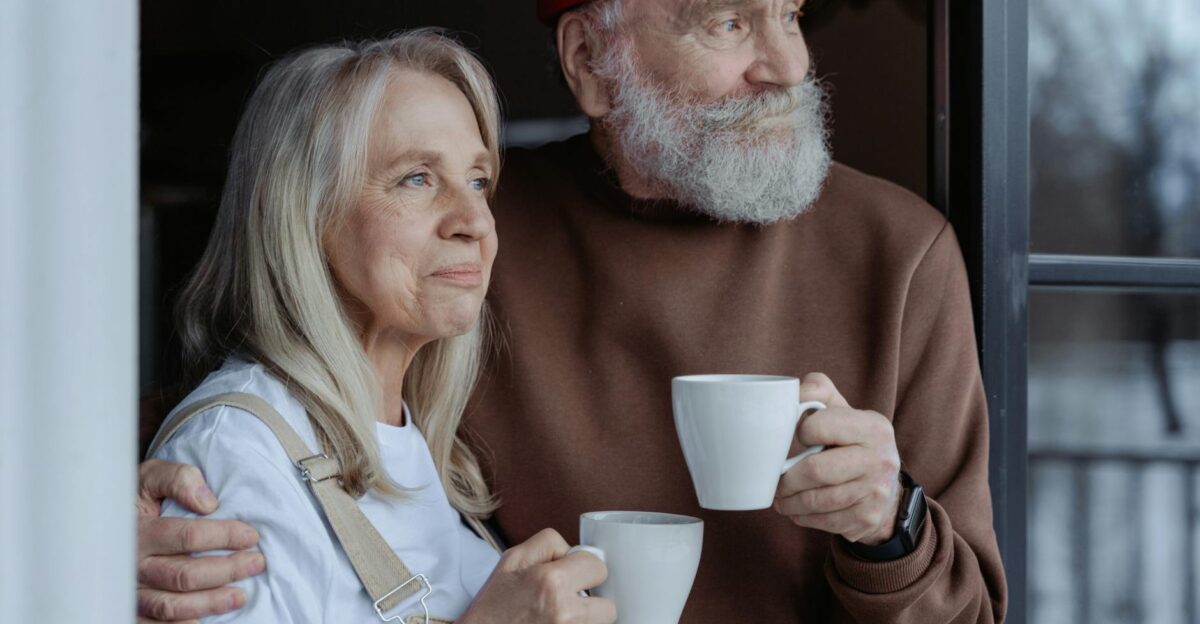
Retirement can reduce routine and structure, which often makes people feel adrift. Making plans, however small, provides orientation and direction.
It helps you stay involved in your community and builds anticipation, which is linked to better mood, memory, and immune function.
Why Grip Strength Keeps Coming Up
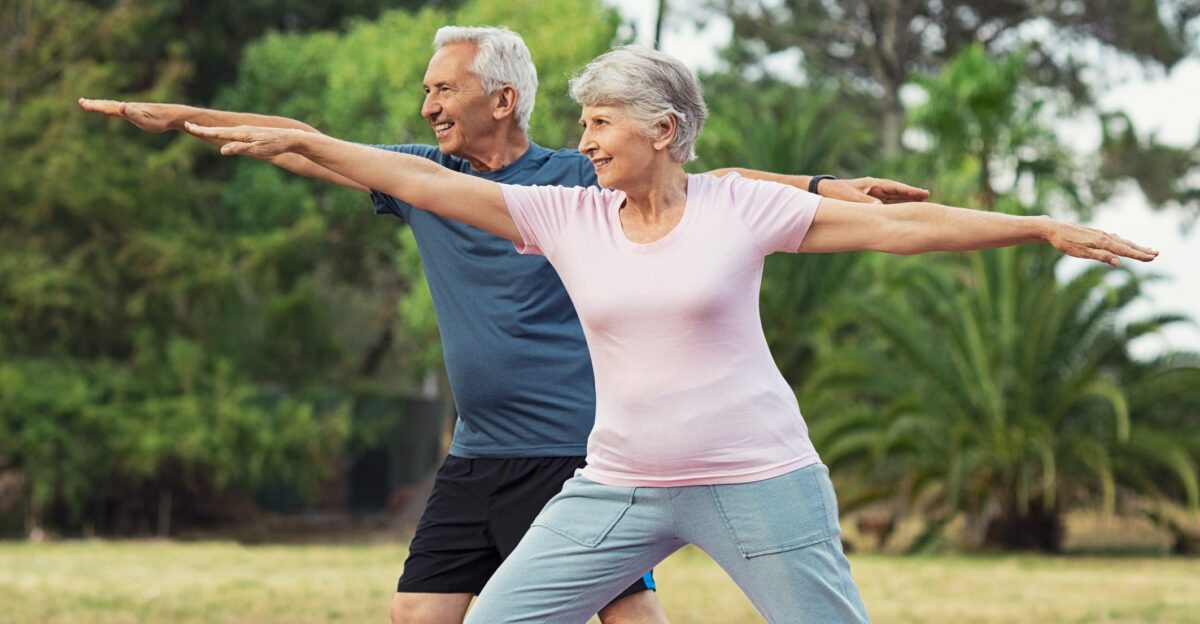
Grip strength is more than hand power. It reflects upper-body strength, coordination, and even heart health.
It’s linked to reduced cardiovascular disease risk and better survival rates after hospitalization. Something as basic as opening a jar may hold deep health clues.
Redefining What “Aging Well” Means
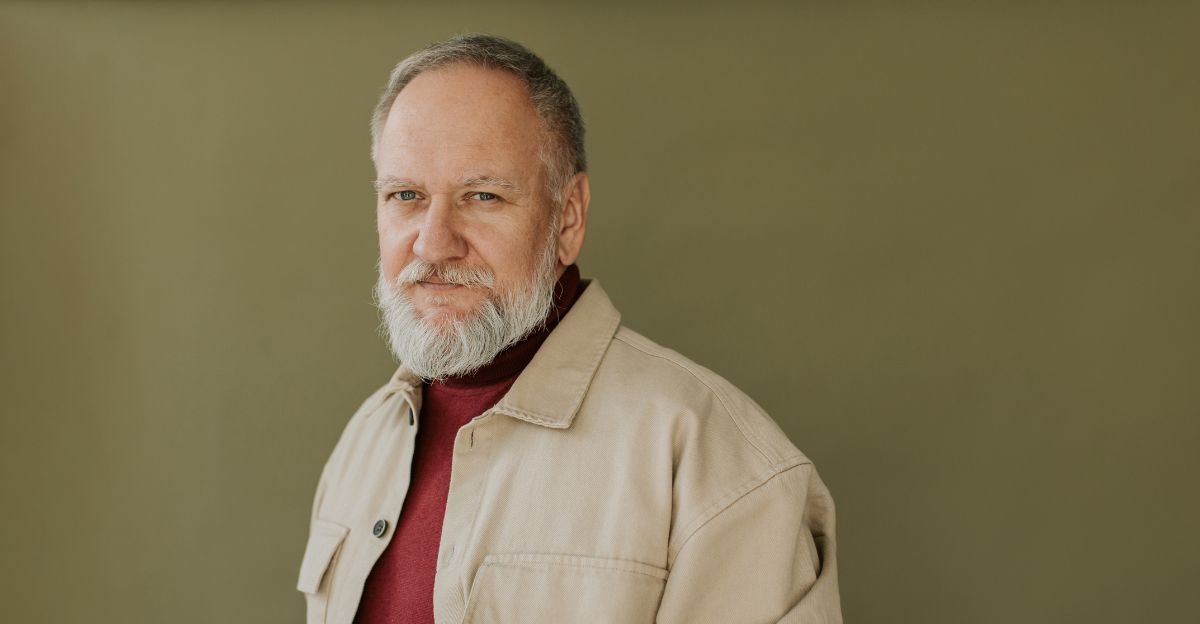
It’s not about pretending you’re young. Aging well is about staying engaged with your own life. That means being mobile, mentally active, socially involved, and emotionally open. These seven markers show not perfection, but participation. That’s the real win.
If You’re Doing Even a Few, You’re Winning
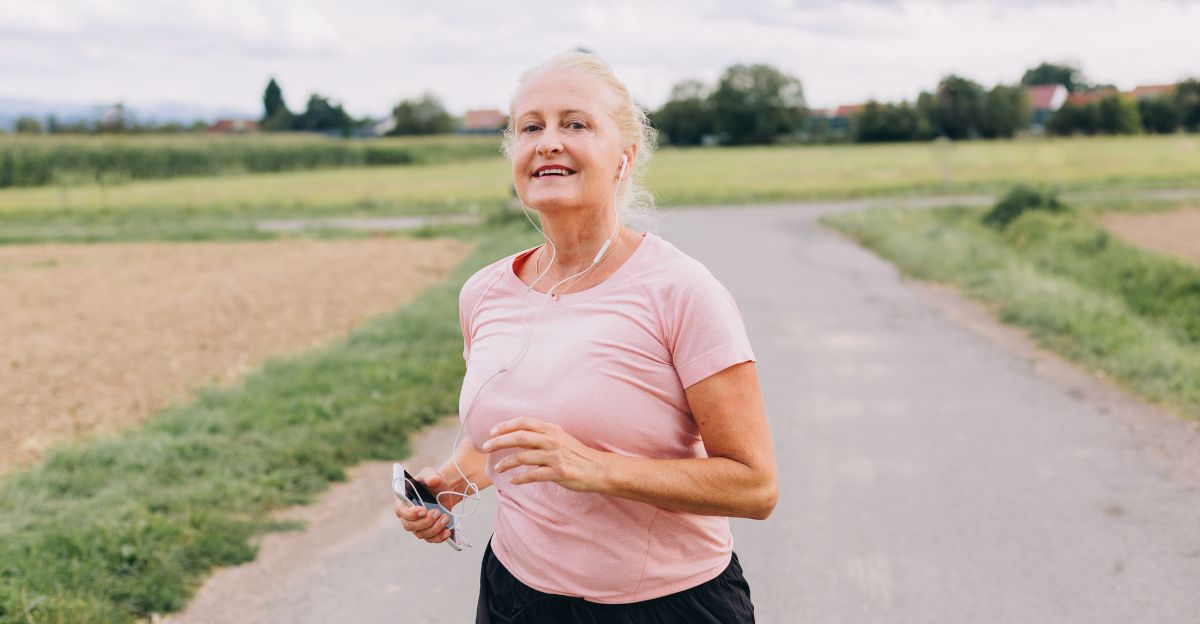
Not everyone hits all seven. And that’s okay. Even if you’re working on just one, like walking more or learning something new, you’re pushing back against the idea that age equals decline. You’re not merely aging. You’re adapting. And that might be the best sign of all.